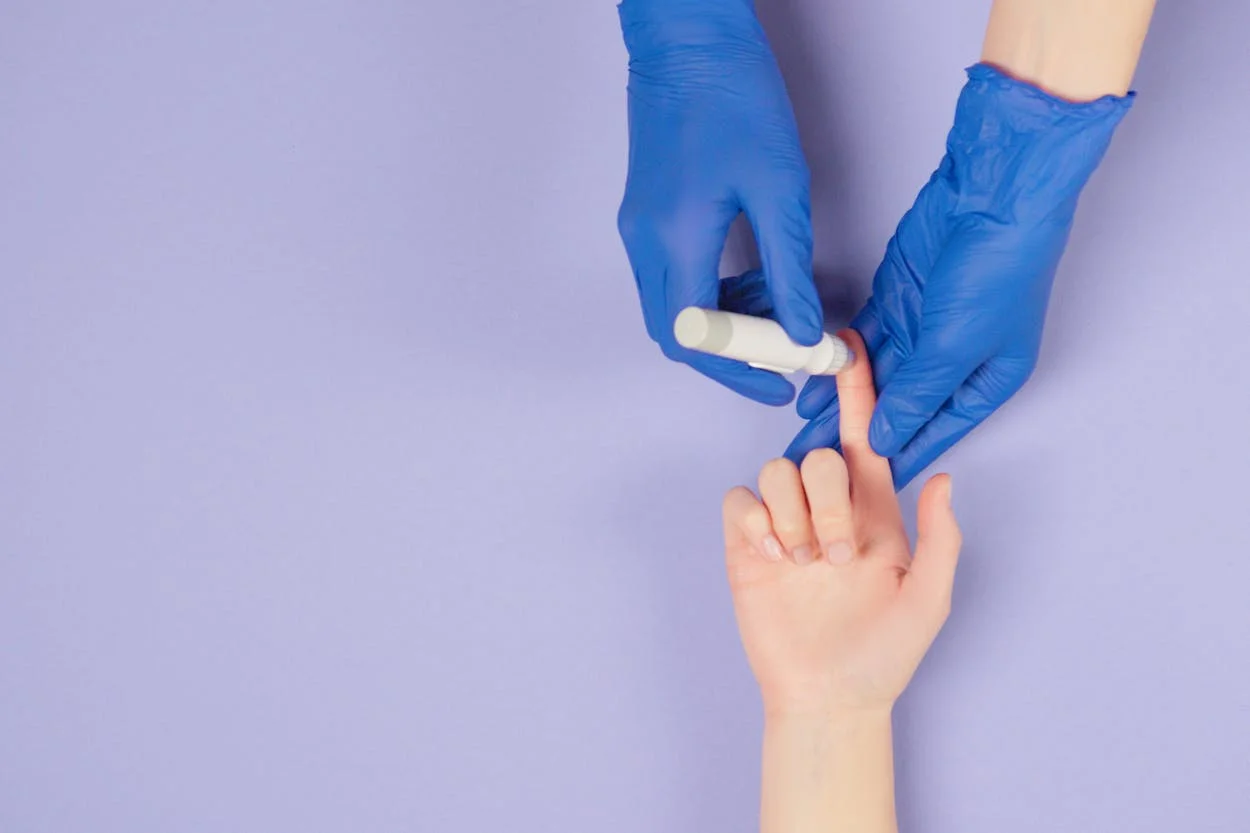
Eli Lilly and Company (NYSE: LLY) has announced positive results from two phase 3 clinical trials, QWINT-1 and QWINT-3, evaluating once-weekly insulin efsitora alfa (efsitora) in adults with type 2 diabetes. The trials assessed efsitora’s efficacy in individuals starting insulin therapy for the first time (insulin-naïve) and in those switching from daily basal insulin injections. Both studies demonstrated that efsitora was non-inferior in reducing A1C levels compared to commonly used daily basal insulins.
“Once-weekly insulins like efsitora have the potential to revolutionize diabetes care,” said Dr. Jeff Emmick, Senior Vice President of Product Development at Lilly. He emphasized that a once-weekly dosing regimen could make it easier for patients to start and manage insulin therapy, reducing the burden that daily injections can place on their lives.
QWINT-1 Trial
The QWINT-1 trial compared efsitora with daily insulin glargine over 52 weeks in insulin-naïve adults. Patients were randomized to receive either once-weekly efsitora or daily insulin glargine. Efsitora was titrated in fixed doses at four-week intervals to achieve glucose control. The trial’s primary goal was to demonstrate the practicality of fixed-dose regimens in managing diabetes.
Results showed that efsitora achieved a non-inferior reduction in A1C levels compared to insulin glargine. After 52 weeks, efsitora reduced A1C by 1.31%, compared to 1.27% with insulin glargine. A1C levels at the study’s end were 6.92% for efsitora and 6.96% for insulin glargine.
QWINT-3 Trial
The QWINT-3 trial evaluated efsitora in adults with type 2 diabetes already using basal insulin. Over 78 weeks, participants were randomized to receive either once-weekly efsitora or daily insulin degludec. The primary endpoint was A1C reduction at 26 weeks.
Efsitora demonstrated non-inferior A1C reduction compared to insulin degludec, with a reduction of 0.86% versus 0.75%, resulting in final A1C levels of 6.93% and 7.03%, respectively.
In both trials, participants taking efsitora or insulin degludec spent approximately two additional hours per day in the recommended glucose range (70-180 mg/dL) during weeks 22-26 compared to baseline. For the tight glucose range (70-140 mg/dL), efsitora users spent slightly more time in range than those using insulin degludec.
Safety and Tolerability
In terms of safety, both QWINT-1 and QWINT-3 showed that efsitora had a similar safety and tolerability profile to daily basal insulins. In the QWINT-1 trial, the rate of severe or clinically significant hypoglycemic events was 40% lower with efsitora than with insulin glargine. In QWINT-3, hypoglycemic event rates were comparable between efsitora and insulin degludec.
These findings suggest that efsitora may offer an effective and convenient alternative for managing type 2 diabetes with a simpler, once-weekly regimen.





